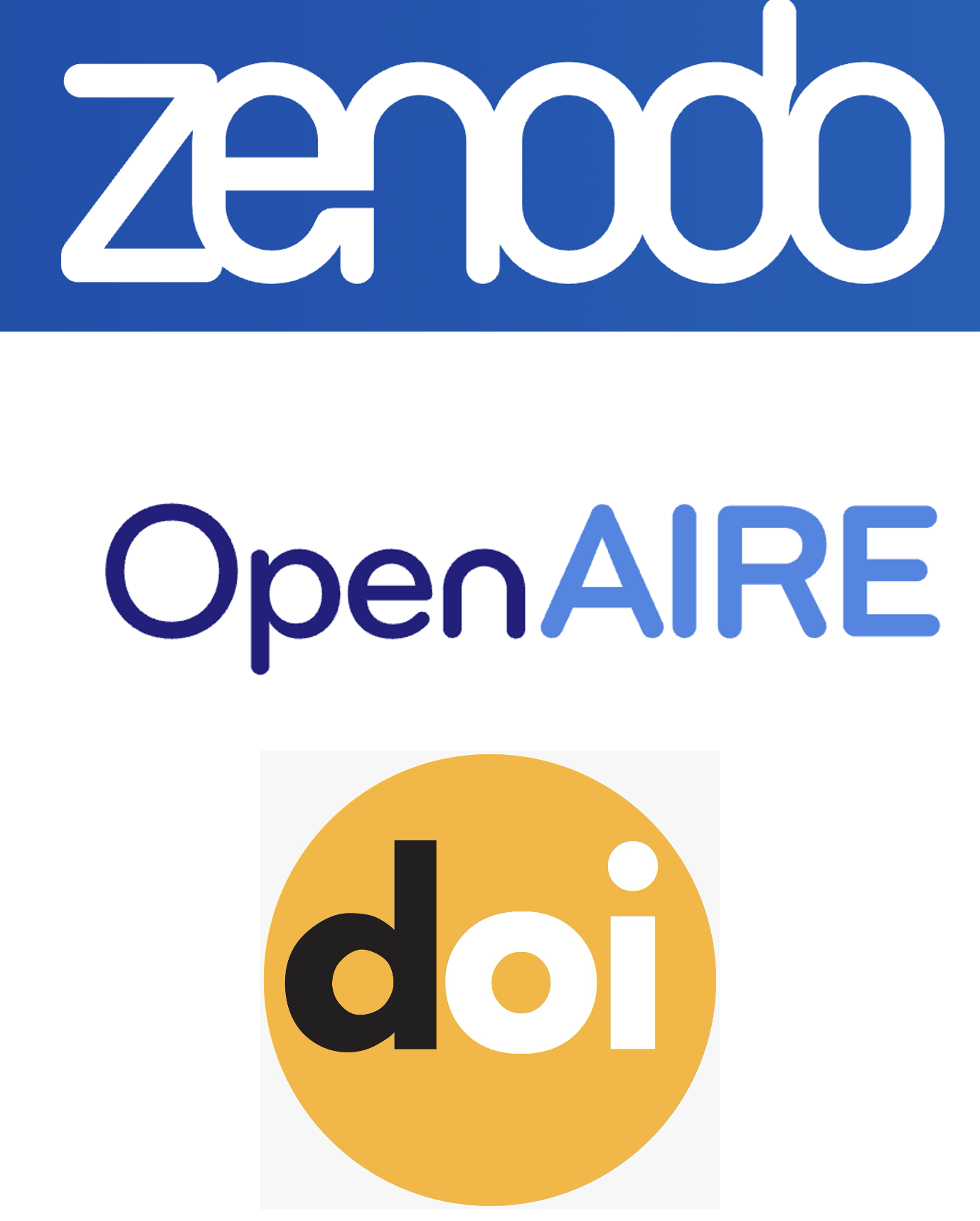Ethical Principles and Publication Policy
- Publication Ethics and Misconduct Statement
ANCRI adheres to the COPE (Committee on Publication Ethics) Guidelines. Decisions regarding duplicate publication, plagiarism, and article retractions are made in accordance with the COPE Flowcharts. All authors must confirm that their manuscript is an original publication and sign the copyright and contributors' form, as well as the conflict of interest form, for each submission. - Reviewers or editors with known potential conflicts of interest (e.g., working at the same institution as the author[s]) are not assigned to review relevant materials. If such conflicts arise during the review process, they are required to recuse themselves.
- Potential Publication Misconduct
ANCRI is a member of CrossCheck and uses the iThenticate plagiarism detection system to screen submitted manuscripts for originality. Issues such as disputed authorship, duplicate submission/publication, plagiarism, data fabrication, research ethics violations, and conflicts of interest are addressed in line with COPE Flowcharts. In appropriate cases, the Editorial Board and Publisher, and potentially COPE itself, may be consulted. - For accepted but unpublished manuscripts, the publication process may be suspended pending further clarification or resolution. Readers with concerns about such issues should first contact the Editor.
- Authors should note that manuscripts found to contain plagiarized content during pre-screening or peer review will be immediately rejected. If plagiarism is detected after publication, ANCRI reserves the right to retract or issue corrections to the article. The journal also reserves the right to inform the authors' institutions about plagiarism detected before or after publication.
- Artificial Intelligence (AI) Usage Policy: The direct use of text generated by artificial intelligence is strictly prohibited. AI tools may only be used for limited purposes, such as language editing or formatting, and authors are expected to review and revise any text produced by such tools. ANCRI requires transparent disclosure of AI usage and mandates that authors clearly specify their contributions. If AI tools are used, this must be explicitly stated in the "Methods" or "Acknowledgements" section of the manuscript. ANCRI editors may utilize software designed to detect text generated by artificial intelligence.
Ethics and Malpractice
Publication and Authorship
- Funding: A list of funding organizations and financial support must be disclosed.
- Originality and Plagiarism: Submitted works must be entirely original and must not have been published elsewhere. Plagiarism and ethical violations are strictly unacceptable. Duplicate publication of the same research in multiple journals is prohibited.
Authors' Responsibilities
- Authors' Contributions: All authors are required to have made significant contributions to the preparation and writing of the manuscript. All authors must participate in the peer review process.
- Citation of Sources: All data and sources used in the study must be properly cited. All authors must declare that the data presented in the manuscript are accurate and reliable.
- Withdrawal: All authors are responsible for retracting or correcting errors in their work.
- Conflicts of Interest: Authors must disclose any financial or professional conflicts of interest.
- Ethics Committee Approval: For studies requiring ethics committee approval, authors must indicate the name of the ethics committee, the decision date, and the approval number in the "Methods" section of the manuscript. The ethics committee approval document must be uploaded with the manuscript submission. For case reports, information confirming that patient consent forms were obtained must be included in the manuscript.
Peer Review/Reviewers' Responsibilities
- Conflict of Interest: Reviewers must not participate in the evaluation process if they have a conflict of interest with the authors or the content of the study. They must inform the editor and recuse themselves if necessary.
- Impartiality and Confidentiality: Reviewers must evaluate submissions impartially and maintain confidentiality. They should only accept reviews for studies within their area of expertise. Any breach of double-blind peer review must be reported to the editor, and the reviewer must decline to evaluate the manuscript.
- Constructive Feedback: Reviewers' evaluations must include constructive and clear feedback to help improve the study. Decisions must be objective and free from religious, political, or economic biases.
Editorial Responsibilities
- Editors have full authority and responsibility to accept or reject a manuscript.
- Conflict of Interest: Editors must not have conflicts of interest regarding the manuscripts they accept or reject. They should only accept manuscripts that are scientifically sound.
- Handling Ethical Violations: Editors thoroughly investigate allegations of ethical violations and, if necessary, issue corrections, retractions, or explanations. Authors are given the opportunity to respond to complaints, and appropriate sanctions are applied without bias.
- Impartial Decision-Making: Editors evaluate all submissions based on scientific quality and originality, making objective and fair decisions regardless of the authors' gender, ethnicity, or institutional affiliations.
- Confidentiality: Editors share submitted manuscripts only with relevant reviewers and editors.
- ANCRI follows the editorial responsibilities outlined in the COPE (Committee on Publication Ethics) Guidelines. Click here for more information.
Publisher Responsibilities
- The publisher is responsible for upholding all ethical principles in scientific research. It must use its communication power without personal bias and guide its target audience responsibly. The publisher protects the ownership and copyright of all published works and ensures their archiving. Individuals encountering unethical practices should not hesitate to contact the publisher.
Author Changes
- Once a manuscript is submitted to ANCRI, any changes to the authors (e.g., additions, deletions, reordering of names, or changes in contributions) must be approved by all authors. If changes are deemed appropriate, the editor will request written confirmation from the corresponding author that all authors have agreed to the changes. The editor may also contact any or all authors to confirm their approval.
- Conflicts of Interest
- Conflicts of interest arise when personal or financial relationships with individuals or organizations could influence the interpretation, analysis, or presentation of data. The credibility of the scientific process and published articles depends on the objective handling of conflicts of interest during the planning, execution, writing, evaluation, editing, and publication of scientific work.
- ANCRI reserves the right to reject/retract a manuscript or issue an official correction if undeclared competing interests are identified. To prevent conflicts of interest, editors avoid assigning reviewers who may have relationships with the authors. Editors and reviewers must also declare any conflicts of interest and will be excluded from the review process if such conflicts exist. Our editorial board is committed to ensuring an impartial evaluation process. For more information and to declare conflicts of interest, please review the conflict of interest form.





